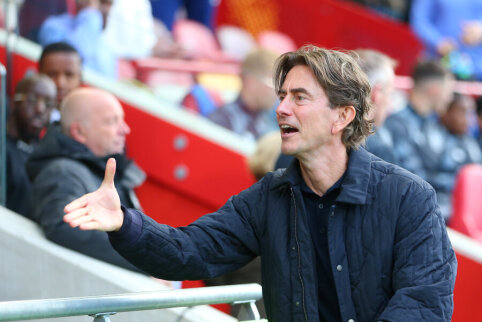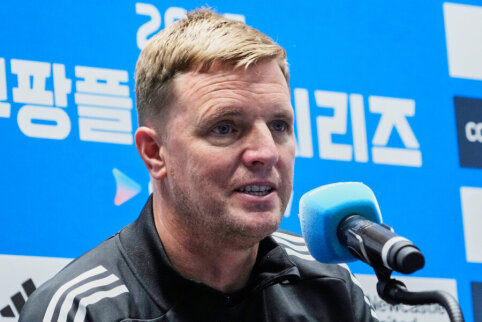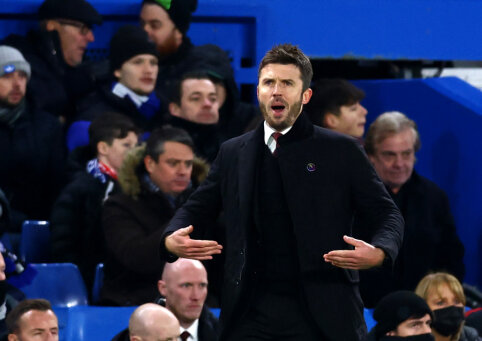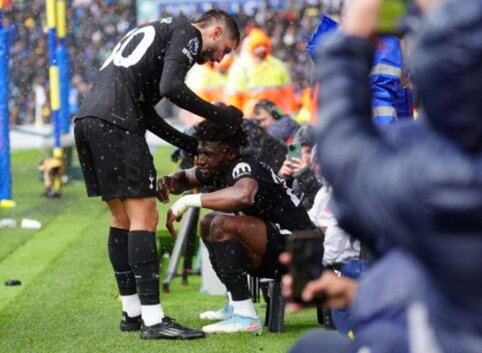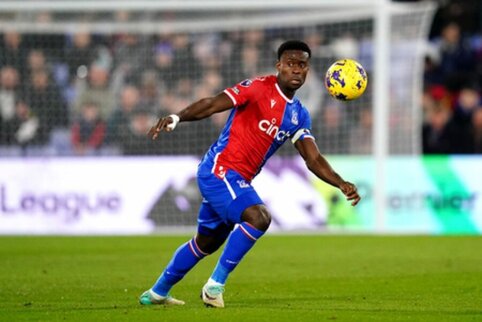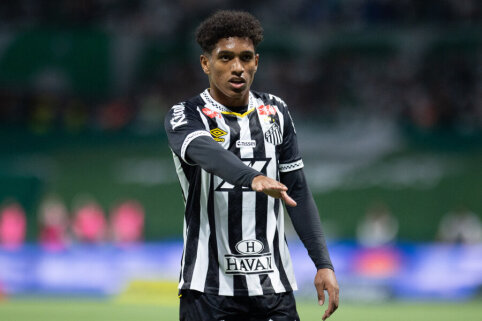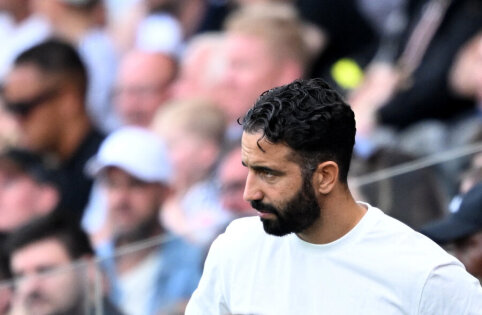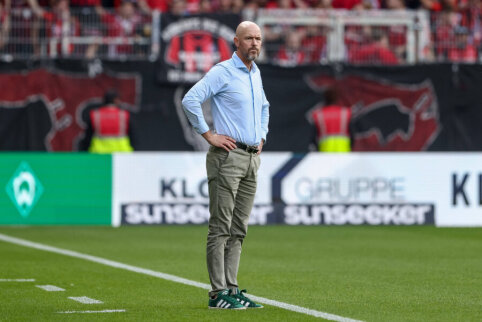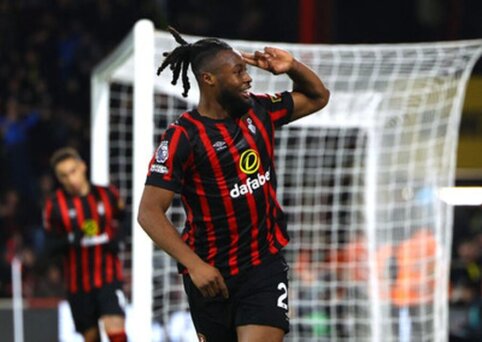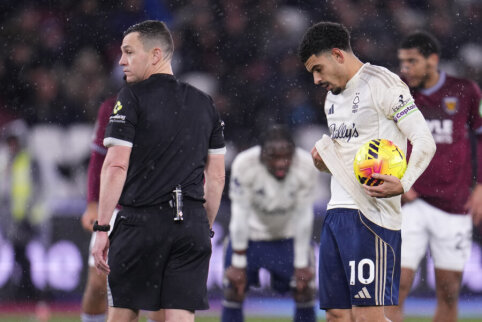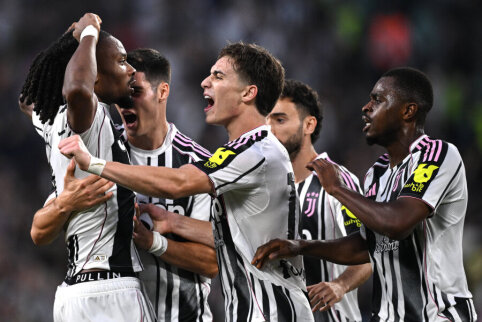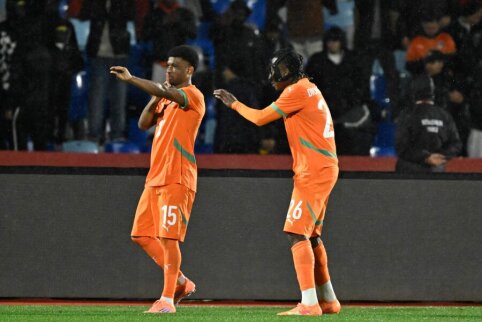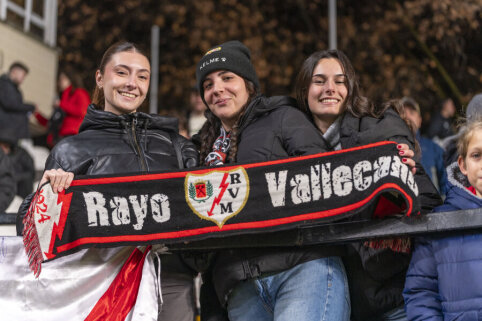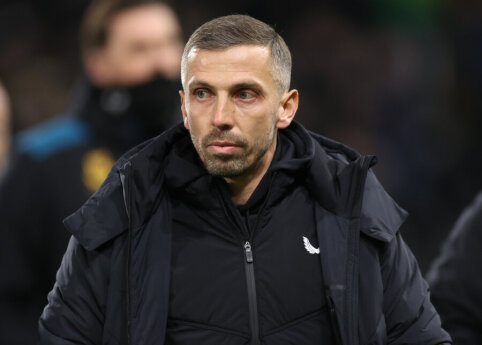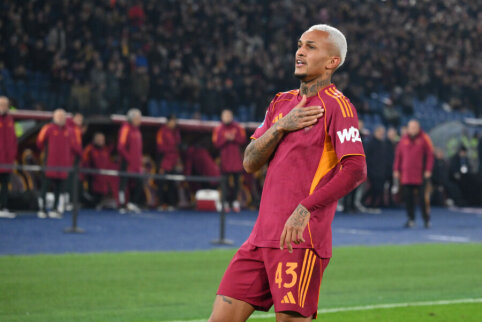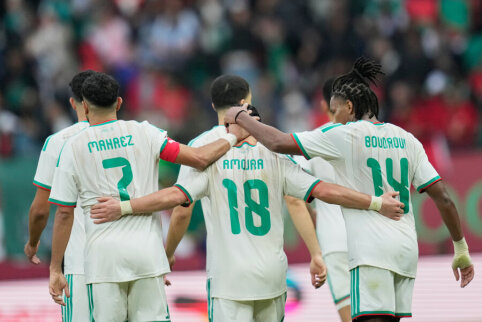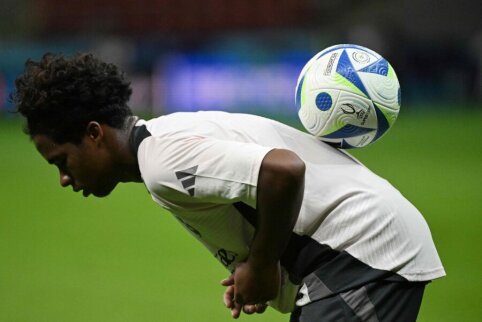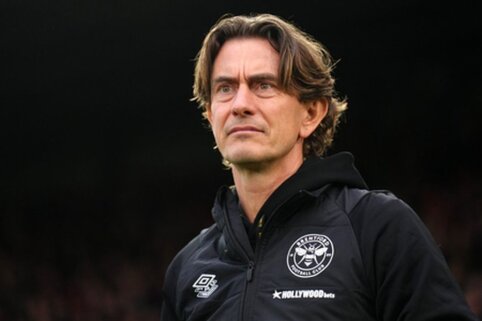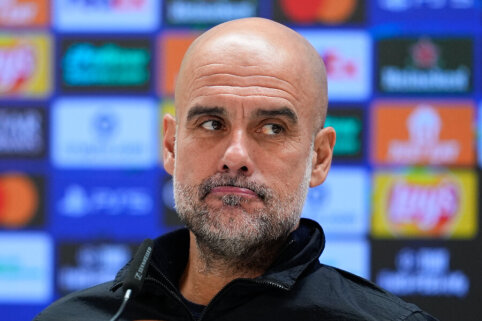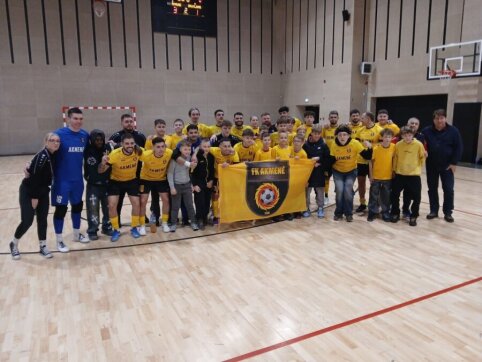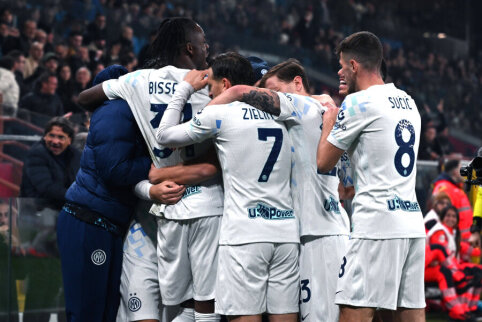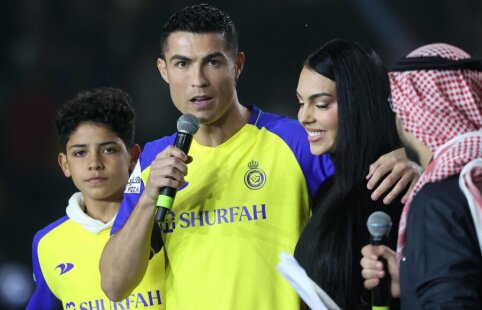 © EuroFootball.com
© EuroFootball.com
At just 22 years old, this extraordinary goalkeeper managed to become the record holder for consecutive "dry" games in two national leagues. This is a unique achievement in the world of football.
Even as a teenager, Petr Cech not only renewed, but also left far behind the record of his homeland. He held on for almost half a century from the time of the unified Czechoslovakia to Teodor Raimann of Bratislava's "Slovan" - at 769 minutes: from October 11, 1953 to April 25, 1954.
In 2001, Cech kept the gates of Prague dry for 903 minutes - from August 20 to November 17. If we calculate all of the goalkeeper's official matches during that period - the series would extend to 1120 minutes. For example, in the Champions League, the youngster managed to keep a clean sheet in the first four rounds, and it was only in the fifth match that the opponents were able to get the better of him.
The second, English series also beat the record by a large margin. In the all-time list, it occupies the 25th place. In both cases, Petr managed to represent "dry" after 10 consecutive matches. And how does he evaluate his records?
"Maybe for statistics they mean something. But I would rather play in a team that wins 5-3 than in a draw. I became the record holder of the Czech Republic, but I didn’t become a Czech champion. I would gladly exchange these titles."
Cech was born in Plzen - a famous car and beer city. The automotive giant with 5000 employees is not foreign to him - his father Vaclav worked in the factory, which was once one of the best in the country. Petr inherited his passion for sports from him, which initially manifested as a love for ice hockey. He admired Dominik Hasek, tried to copy the famous "Dominator's" moves, and saw his future in the local ice hockey team "Lasselsberger".
The reason he had to switch to football is simple - hockey gear is expensive, and his parents couldn't afford it. He didn't immediately become a goalkeeper - initially in the club "Victoria," where he attended football training, he was assigned a left midfielder position. But when the main goalkeeper fell ill, little Petr was put in his place, and this position, so to speak, stuck to him. A fairly typical situation for all great goalkeepers.
His first Czech coach was Jozef Zaloudek - the same teacher who stood at the beginning of Pavel Nedved's career. The fact that both of the most significant contemporary figures of Czech football were brought out by the same person says something to people. Cech and Nedved, despite a 10-year difference, quickly became good friends. Pavel even composed a bit of a song about his friend and liked to sing it during national team camps: "If you bear the name Czech - carry it with honor and delight the Czechs."
Cech's family lived in Kosutka - one of the poorer suburbs of Plzen. He still uses his childhood home for relaxation. Here, wandering through the woods with his wife Martina, he can enjoy himself without worrying about fans.
The goalkeeper's family is characterized by athleticism. In addition to his father, a decathlete, he has a brother-in-law - a judo master who also represented the country at international competitions. During activities at his club, he met his daughter Martina.
Petr trained in the "Victoria" club until he was 16, and he was invited to the youth national team for a tournament in Amsterdam, where he performed excellently and made it to the league scouts' lists.
Miroslav Beranek, current assistant to Karel Brückner in the national team, brought him, at the age of seven, to the "Chmel" club in Břasy. His debut match against "Sparta" in January 1999 was lost 1-3, but Cech was the best in his team.
"When he first appeared in our dressing room," Beranek recalls, "everyone immediately noticed his height. Petr had to bend over to pass through the door. We joked: well, finally, we have a goalkeeper who has at least the dimensions necessary."
In 2001, Cech ended up at "Sparta." He gained the status of the main goalkeeper already from the fourth round and soon marked 1120 minutes of a dry series, which we have already talked about before.
In 2002, he became the main creator of the unexpected victory of the Czech youth team in the European Championship. During the tournament, he celebrated his 20th birthday and in the final managed to withstand the powerful French attacks. During the playing time, his goal remained "untouched," and during the penalty shoot-outs, he repelled two shots.
After that, he was taken back to his club by French team Rennes. The club is quite modest, but Cech helped them meet the challenge of staying in the highest division. In the cup, the team reached the semi-finals. Last year, he signed a five-year contract worth 10.3 million euros. For comparison: he cost 700 thousand euros for "Sparta," and 5 million for "Rennes."
Cech could have appeared in the English Premier League earlier - Arsène Wenger wanted to lure him to Arsenal, but a small hook got in the way: at that time, Cech was not granted a work permit. Offers also came to him from other European grandees - Real Madrid and Barcelona - but according to Cech himself: "When I was a teenager watching Champions League matches, I really liked watching English teams play. The atmosphere in English stadiums made me dizzy - it was closer to my heart than Italy or Spain." This led to his arrival in London.
Jose Mourinho released him into the starting lineup already in pre-season matches against Zaragoza (Gianfranco Zola's farewell match), putting Carlo Cudicini on the bench. "I knew that Cudicini played three great seasons, and everyone at Stamford Bridge loved him," Cech said. "I remember the chants behind my goal: 'Carlo!' Convincing fans that I was no worse than the Italian was my main challenge. I had to prove that I am number one not only to the coach and teammates but also to the fans. And now it's nice to understand that I didn't make Mourinho doubt his choice."
